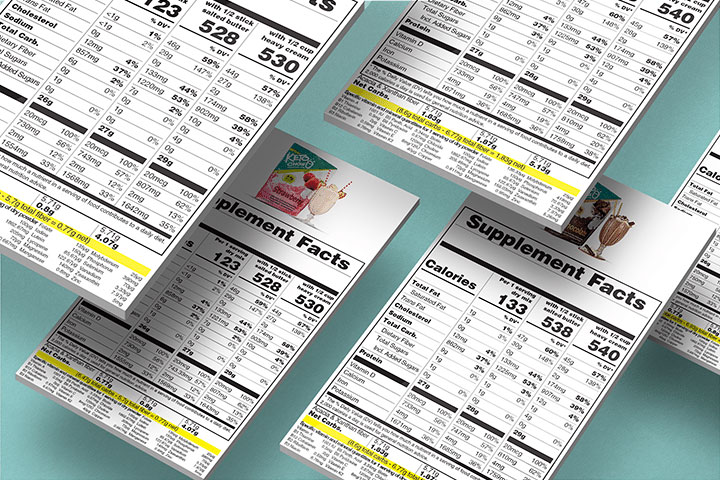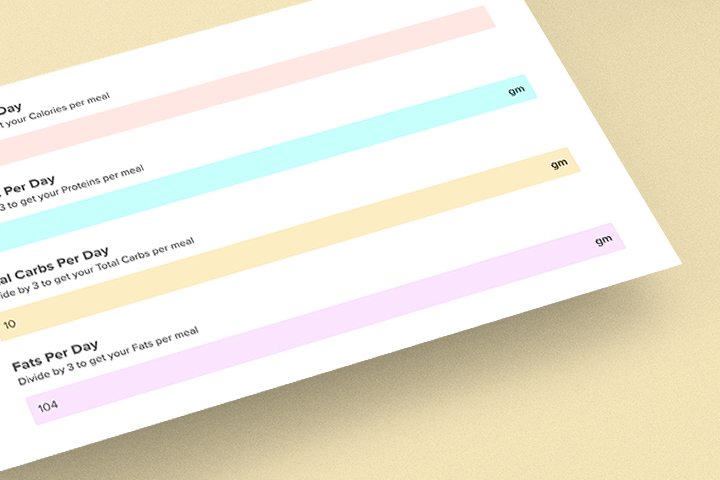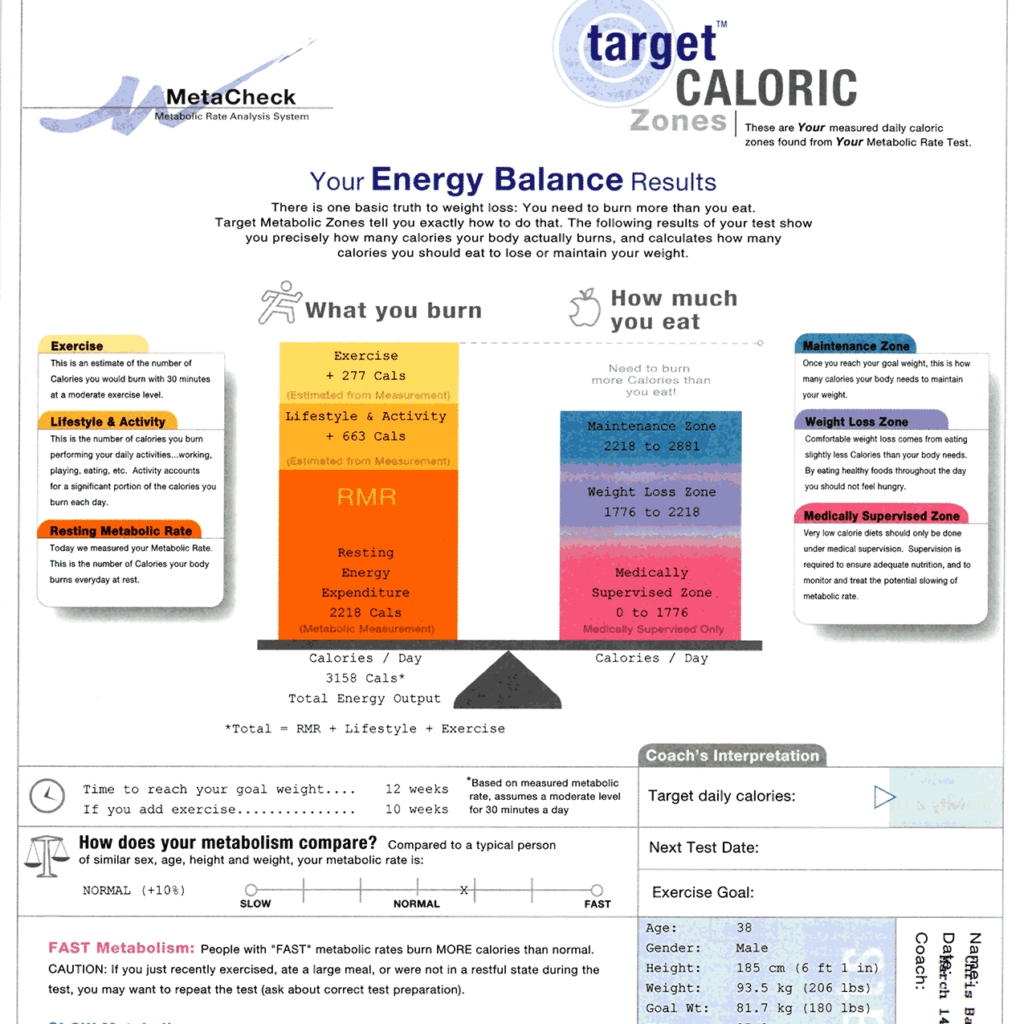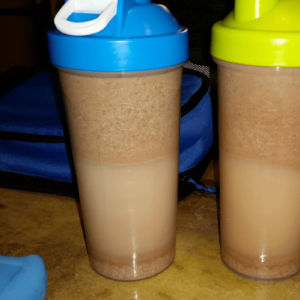This week results of a study were posted showing that contestants from “The Biggest Loser” from several years ago had mostly regained all their lost weight.
From the conclusions offered in the findings it would seem there is no way to lose weight. The subjects metabolisms slowed down so much that it was nearly impossible for them to maintain their weight loss. Doctor Jason Fung does an excellent job of distilling what’s really going on here. I suggest you head over and read his article.
This is what is sometimes termed ‘starvation mode’. This is what people imagine happens as their body starts to shut down in order to conserve energy. Basal metabolism (Calories Out) falls and you feel like crap. As you eat less, your body burns less calories, so that eventually weight loss plateaus. Then you feel like crap, so decide to eat a bit more (your hunger hormones are also rising like a spire), but not as much as you used to. But, your ‘Calories Out’ is so low that you get weight regain. Sound familiar? Happens to every dieter out there. What’s unfair, is that their friends and family silently blame the victim of having ‘fallen off the wagon’, or not having enough will power. Actually, the dietary advice – Eat Less, Move More is guaranteed to fail. So don’t blame the victim when they actually do fail.
The TL;DR is:
- Caloric Reduction as Primary strategy puts you into starvation mode (lower metabolism).
- The key to losing weight in the long term is maintaining basal metabolism, or keeping ‘Calories Out’ high.
- Failure rate of Eat Less, Move More is proven to be 99% or so. This remains the diet advice favored by most physicians and dieticians.
- Actual starvation (fasting or bariatric surgery) does not put you into starvation mode (metabolism remains high).
- Ketogenic diets do not put you into starvation mode either (metabolism remains high).
My own experience confirms this. When I had a DEXA scan done I also did the resting metabolic rate test. Despite being on a Ketogenic diet for over a year and a half, my metabolism isn’t crazy low, quite the opposite:
The RMR report also said I probably want between 1776 and 2218 calories a day for weight loss; and that my metabolism is 10% faster than people of similar sex, age, height and weight. There were some less than useful platitudes about “you must burn more calories than you consume to lose weight” which is the same as saying “you must save more money than you spend to save money” or “if more people leave a room than come in, there will be less people in the room” – um… thanks?
So. If you want to lose weight because your body doesn’t handle carbohydrates well (like me!) and keep it off, it seems these are the steps:
- Switch to a ketogenic LIFESTYLE – no cheating, no end. If you go back to eating the sugary junk that got you fat in the first place, what do you think will happen?
- Do intermittent fasting (just don’t eat for two meals but keep drinking water) or outright fasting (24 hours without calories)
- If you’re feeling ambitious, try lifting weights. I’m currently a few weeks into StrongLifts5x5 (along with my wife, she’s awesome by the way; our anniversary is tomorrow) and so far it’s been simple and easy to stick to. Takes around 30 minutes, three times a week.


























